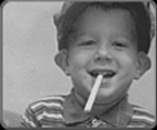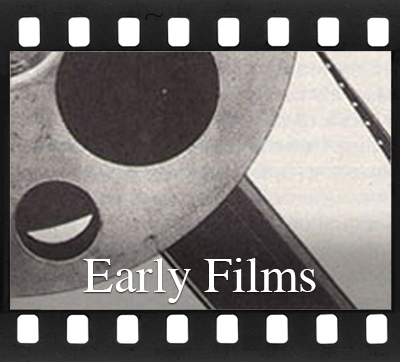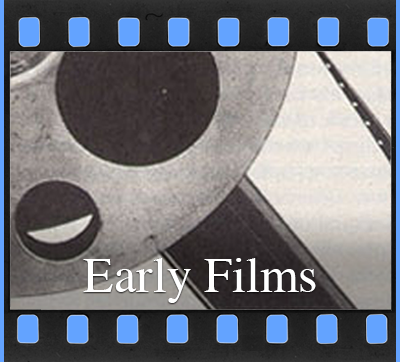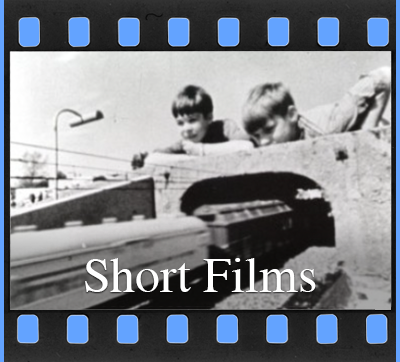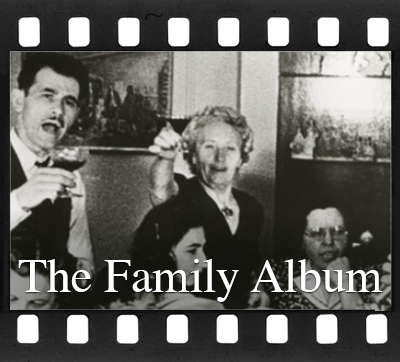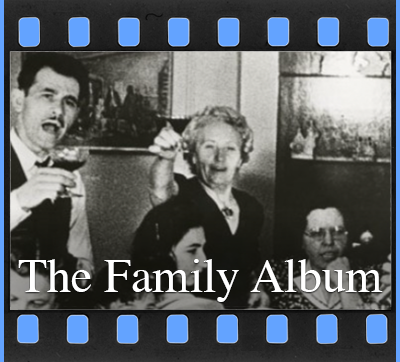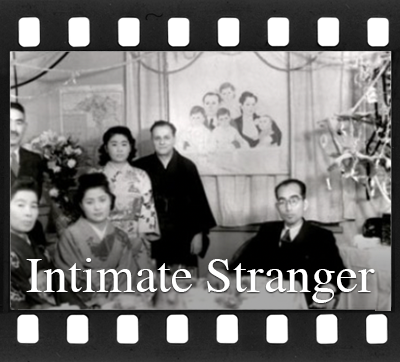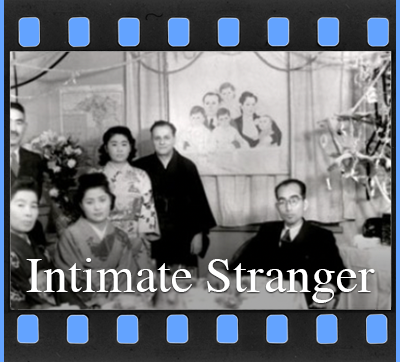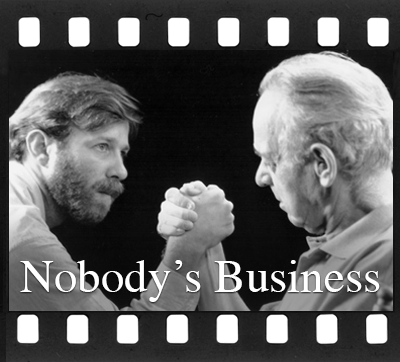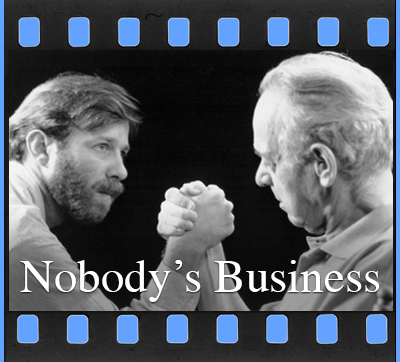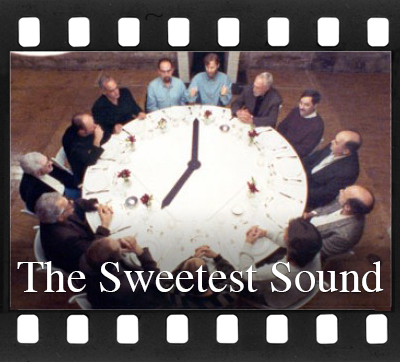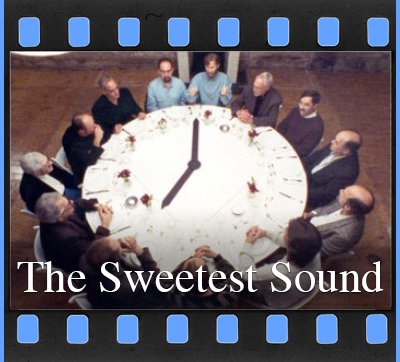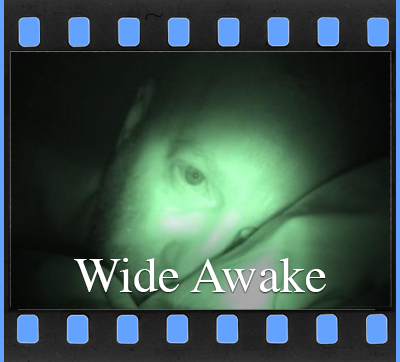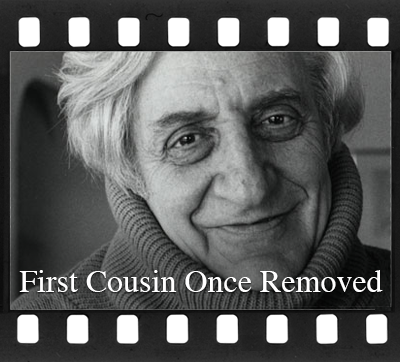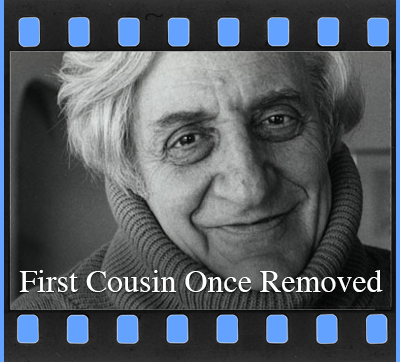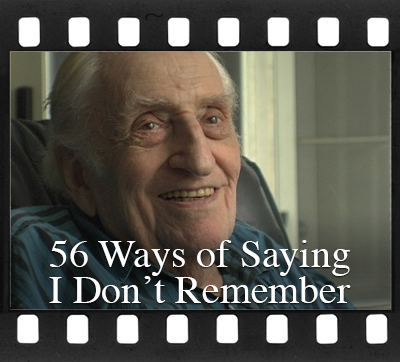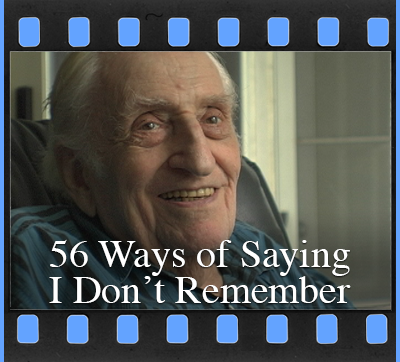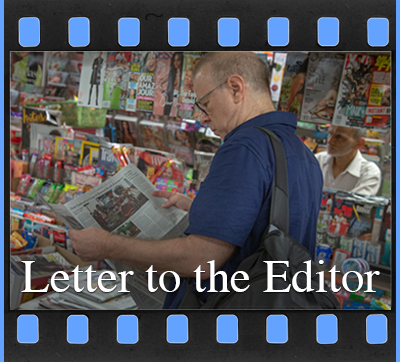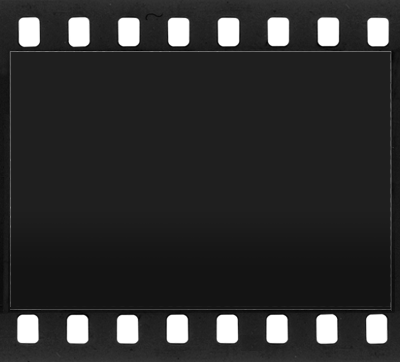WIDE AWAKE
My Kingdom for Some Shut-Eye
By Brendan Bernhard
The New York Sun
May 22, 2007
Alan Berliner may claim to have spent a lifetime feeling exhausted, but there is nothing remotely listless about his exuberantly jazzy, jangly documentary, "Wide Awake: Portrait of an Artist as Insomniac," which airs tomorrow night on HBO. There's an obvious reason for this: He wrote, directed, edited, and produced the film in the small hours of the morning, that heavenly interlude when the corner grocery store is open but empty, and jackhammers and traffic have yet to resume their assault on your eardrums. The phone doesn't ring, e-mails slow to a trickle, and "Nocturnal Americans," assome have started to refer to themselves, can relax, inhale the clear, sharp breath of Lady Midnight, and (finally!) concentrate. Daytime "demands and takes away too much," as John Ashbery once wrote. "But night, the reserved, the reticent, gives more than it takes."
"Wide Awake," is not so much about the problem of insomnia as about having a faulty body clock — one that wants to go to sleep at dawn rather than half way through "The Tonight Show With Jay Leno." It is also about the problem of the phone, the unavoidable lunch meeting, the morning flight, of business that must be conducted on four hours' sleep at midday rather than at midnight, which, from the night owl's viewpoint, would be just dandy.
In short, Mr. Berliner, a distinguished documentary filmmaker, has a life. More important, he has a wife who is seven months pregnant. With a baby on the way, she is demanding that her 48-year-old husband finally revise his sleep schedule and face the sunlight. Much as the author Richard Klein wrote "Cigarettes Are Sublime," a loving treatise on tobacco, in a paradoxical attempt to end his addiction to nicotine, "Wide Awake" is Mr. Berliner's attempt to chronicle and celebrate his condition while simultaneously recording its woes and curing himself of it. It is never entirely clear whether he is a true insomniac in the clinical sense, i.e., someone who can barely sleep at all, as opposed to a night owl who also happens to be a poor sleeper and has to wake up earlier than he wants to. (He does take sleeping pills, his only addiction.)
"The night for me has become a total haven," he observes over a shot of a full moon glowing through a scrim of cloud above Manhattan. "There's a sense of being out of time. The darkness, the silence, the peacefulness of it." He even quotes a philosopher to the effect that insomnia may be the last frontier of individual freedom and imagination, because to remain awake while the rest of the world sleeps is a form of rebellion. (I should point out that the philosopher is French.) At the same time, Mr. Berliner confesses that his reluctance to sleep may be an "urban disease — the need to feel connected, plugged in, all the time." When he does attempt to sleep, he often finds that remarkably soothing Leonard Cohen song "In My Secret Life" running through his head, but with the title changed to "In My Sleepless Night."
As a documentary, "Wide Awake" is noteworthy for its feast of old film footage — Mr. Berliner is a dedicated archivist and collector — spliced together in dazzling montages that include everything from clocks of every description to black-andwhite clips of children being put to bed, lights being switched off, people tossing and turning, waking up refreshed, waking up exhausted, and so forth. Sound is used cleverly throughout. For instance, the repeated "click" of lights being turned off at bedtime segues into the ticking of the clock, both mental and actual, heard by the insomniac as he pursues unconsciousness — the mechanical equivalent of Chinese water torture.
"I am a terrible sleeper," Mr. Berliner confesses. "Either I have trouble falling asleep or I wake up too early and can't get back to sleep. The end result is that I walk around tired all day." His words are illustrated by a sequence of images (accompanied by a version of the Beatles song, "I'm So Tired") that begins with a yawning Charlie Chaplin, continues with people rising groggily from their beds, nodding off at desks, and ends with devils prancing above a sleepless man's head. This is documentary filmmaking at the furthest remove from the by-the-numbers, talkingbook approach you typically see on television. It is a personal vision, and only someone obsessed to the point of mania with visual imagery could have made it.
It is also personal in the sense that Mr. Berliner is front and center throughout as both the hero and the villain. Though the film is blessedly free of the "talking head disease" that afflicts most documentaries, it does call on a series of sleep experts to offer various diagnoses of the frustrated, fatigued, crinkly-eyed (even his beard looks exhausted) patient in front of them, who likens his daytimes to "having a permanent cold" and admits to feeling alert and fully alive only late at night. The experts are all engaging and articulate, and Mr. Berliner shuffles among them as if they were faces on an old, friendly deck of cards.
Also on hand are Mr. Berliner's stylish French mother, along with his wife, his sister, and (eventually) baby Eli, who is born while the film is in progress. Camera in hand, Mr. Berliner is there to record little Eli's first yawn. There are amusing scenes of the filmmaker being berated at the dining table by the three women in his life. The prevailing view (between the lines) seems to be that he needs to get over himself and join the human race, if only for the sake of those who have to suffer his eccentric hours.
There's something to that. "Wide Awake" is a terrific film that ranges widely over not only the problems of sleeplessness and its causes, remedies, and history, but about the speeded-up, 24/7 society that exacerbates them. (Among other things, the film is a gorgeous visual tribute to Manhattan.) Nonetheless, one sometimes wishes Mr. Berliner would maintain the personal tone while spending a little less time in front of the camera. His nebbishy persona and voice-overs can be uncomfortably close to Woody Allen, and he could offer more about other insomniacs (though Charlie Parker is mentioned in the context of the intriguing question of whether, at least for some artists, night and creativity go hand-in-hand).
The sleep experts' answer is that they don't really know, and ultimately it is Mr. Berliner's too. But the quality of his film does suggest that, at least for him, nighttime is the best time.
Visit The New York Sun
"...another gloriously eccentric achievement by Alan Berliner..."
- ◻ SYNOPSIS
- ◻ DIRECTOR'S STATEMENT
- ◻ FESTIVALS & SCREENINGS
- ◻ CREDITS
- ◻ SELECTED REVIEWS
- ◻ PRESS QUOTES
- ◻ POV INTERVIEW
- ◻ VIEW CLIPS
- ✓ NY SUN REVIEW
- ◻ SLATE REVIEW
- ◻ HBO TRAILER
- ◻ PHOTOS
